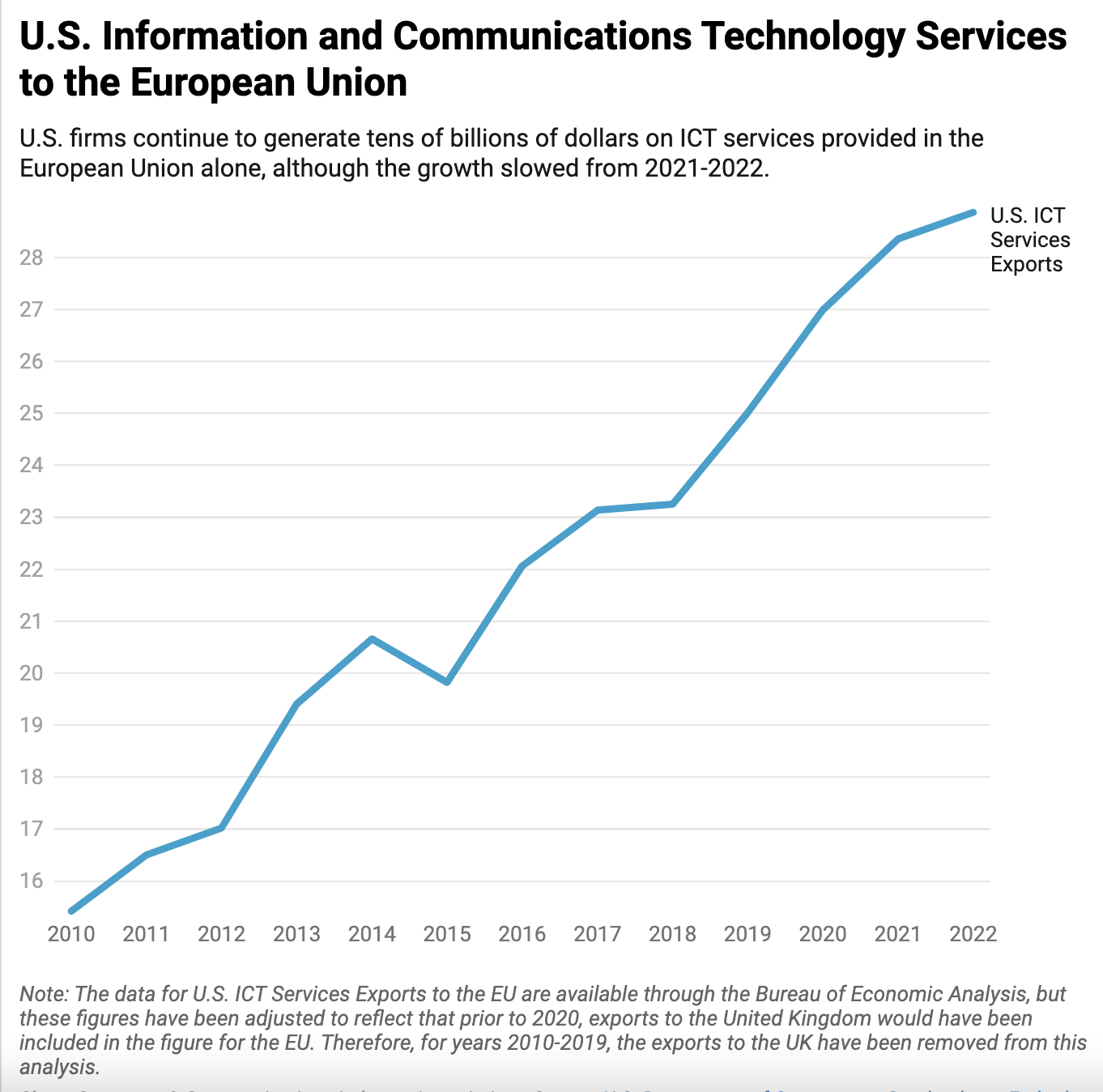Toward a Level International Playing Field In Online Services
Today President Obama gave a speech and issued a Presidential Policy Directive (PPD) surrounding the reforms he is making to the National Security Agency and international intelligence gathering in general. In the PPD, the President recognized that collection of signals intelligence poses risks to “our commercial, economic, and financial interests, including a potential loss of international trust in U.S. firms.” While it was gratifying to see the President grappling with the issues that we’ve been exploring for months, the actual policy changes proposed were high level and the devil, as they say, will be in the details.
There must be at least some hope, however. We have, today, policies regarding when the U.S. government will collect information on foreigners and how it will treat that information when it is collected. People everywhere can begin making decisions about which online services to trust with our data based on the features of the service and their respect for our data — rather than the geographical location of the service itself.
For many months now, the focus of commerce on the Internet has been a connection to the United States. If the U.S. government follows through on some of the privacy protections that everyone deserves, it will be a start that can bring us back to the ideal world where companies from everywhere compete on their products rather than the surveillance performed by governments.








